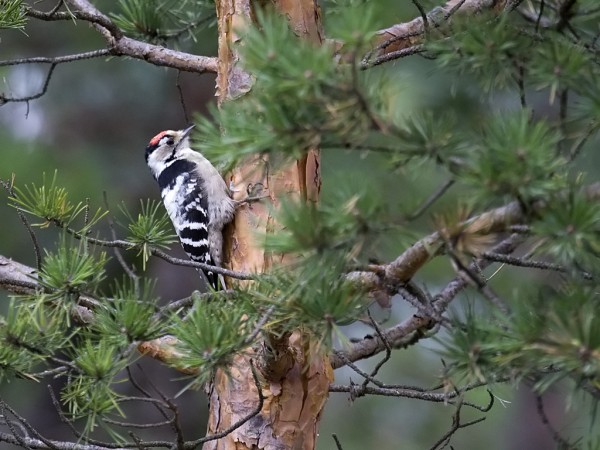I read with interest last week that wild birds in the UK are in decline. The number of farmland birds is half that of 40 years ago. There have been dramatic falls, too, in woodland birds such as the lesser spotted woodpecker Dendrocopos minor, the tawny owl Strix aluco and the wood warbler Phylloscopus sibilatrix. These startling figures were churned out by the RSPB, a hugely rich, powerful organisation – the most potent conservation group in this country. It was set up in 1889 by a group of women concerned about the large numbers of birds slaughtered to provide feathers for hats. Now, it fetishises the rare while it is happy for the many to be persecuted. The RSPB orchestrated the slaughter of thousands of ruddy ducks (first brought to this country in the Forties by Sir Peter Scott) to stop them travelling to Spain to cross-breed with the rare white-headed duck.
Read more: http://www.dailymail.co.uk/debate/article-1349711/My-cats-arent-danger-…

- Login om te reageren

RSPB resigns from government’s pesticides forum
The RSPB and dozens of environmental groups have resigned from the government’s pesticides forum after two decades claiming the use of dangerous chemicals is now far worse than when they joined. Two groups, the Pesticides Forum and Voluntary Initiative, were set up by the government in the 1990s to reduce environmental damage from pesticides. However figures show that since their founding the area of British land treated by pesticides has risen from 45 million hectares to more than 70 million hectares today.
In a letter to Mr Gove, the environment secretary, the charities said: “Our organisations have long participated in these voluntary groups in the hope that they would lead to better protection for the environment.
“However, in that time they have failed to take meaningful or significant action to reduce pesticide-related harms.
“Meanwhile the area of UK land being treated with pesticides has risen by more than half, and many of our crops are being treated more times with a wider variety of chemicals.
“In light of recent evidence as to the dramatic impacts of pesticides on the natural environment and wildlife, we can no longer stand by while these initiatives bolster the positions of vested interests, in our names.”
Numerous studies in recent years have shown that pesticides are causing long-term decline in insects and birds, and are probably behind ‘colony collapse disorder’ in bees which has seen populations plummet by up to 90 per cent.
Toxic neonicotinoid varieties have now been banned but even replacements, such as sulfoxaflor, have been found to reduce bee colonies by half.
As well as killing the creatures outright, the chemicals can have other damaging effects such as reducing fertility over the long term.
In spite of the ban, neonicotinoids, which work by disrupting the central nervous systems of pests, are probably still causing long-term effects because of contamination of soils, freshwater, wetlands and coastal areas.
And by killing insects, the pesticides are also having an impact on species higher up the food chain such as birds, as well as on pollination, pest and weed control and food production for humans.
Source: The Telegraph, 19 April 2019
https://www.telegraph.co.uk/science/2019/04/18/rspb-resigns-governments…